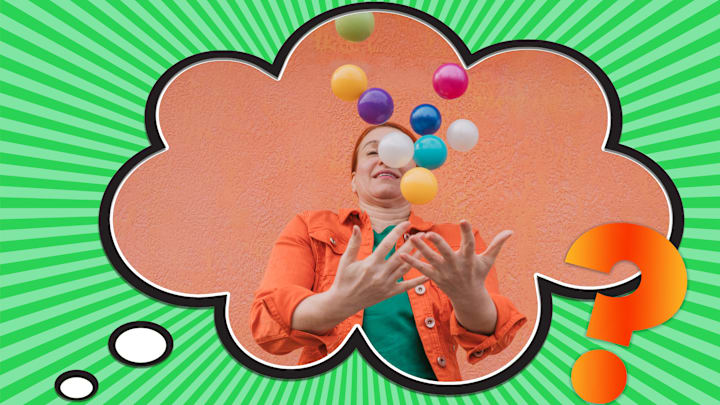To do something willy-nilly is to do it haphazardly, without planning or thinking, or without concerning yourself about what the consequences of your actions might be. It’s a bizarre turn of phrase we’ve had in our language since the early 17th century—the Oxford English Dictionary’s earliest example dates back to 1608. The phrase’s origins, however, take us a little further back in time than that.
Etymologically, willy-nilly is a running-together of an earlier four-word phrase, variously recorded in the 1500s in forms such as will ye nill ye, will he nill he, and will I nill I. Both the will and nill are verbs, to which the following pronouns (ye, I, he) gradually became attached over time, producing the rhyming compound willy-nilly. Over the years, lots of other forms of this phrase came and went (such as nilling, willing and even william-nilliam), but only willy-nilly stood the test of time.
The will in willy-nilly is actually the same verb, will, we have in English today—albeit used in a slightly different way. Back in Old and Middle English, will could be used to mean “to want, to wish for, or to desire”; it was through this notion of being determined to achieve or obtain something that the word later came to be used to mark the future tense (“I will do that tomorrow”).
As for the nill, it was simply the negative form of Old English will, and so implied its direct opposite—to be unwilling, or to have no wish or desire to have or to do something. Pairing will and nill together in sing-songy formations like will he nill he might just have been a natural way of contrasting these two opposing states of mind, ultimately, but it has been suggested that there might have been at least some influence from a similar, far older Latin expression, nolens volens (“willing or unwilling”), in use since the 9th century.
Whether formed independently in English or not, when put together those two root verbs meant that phrases such as will he nill he effectively implied “whether he wishes it or not”—and it was from there that willy-nilly came to be used for any careless, unthinking, or haphazard action.
Discover More Phrase Origins:
